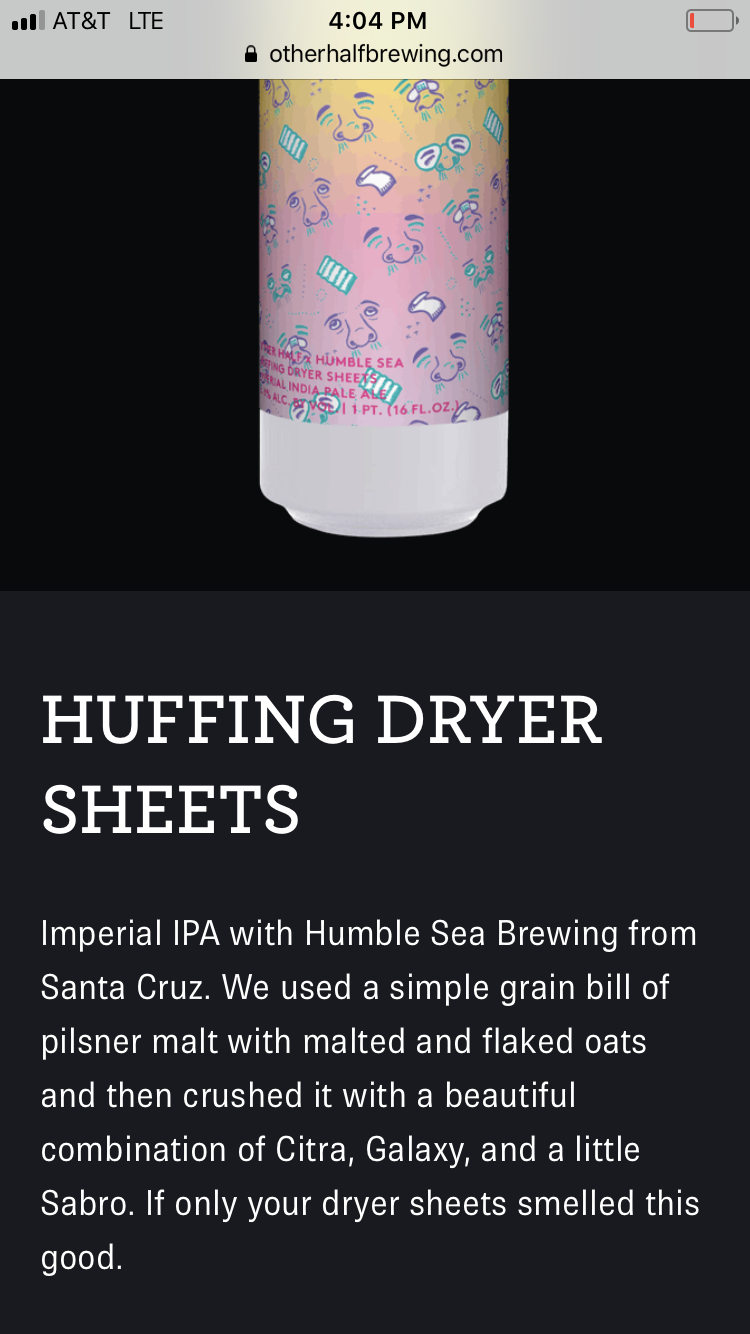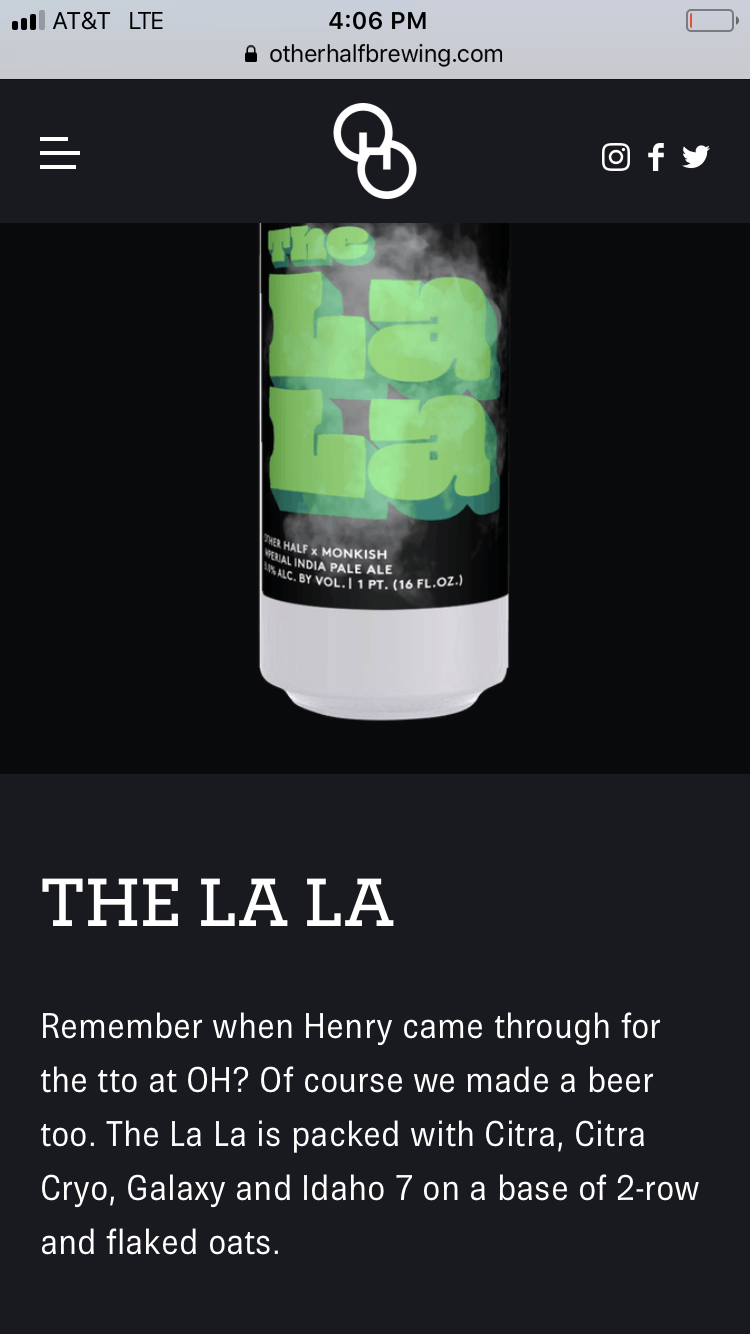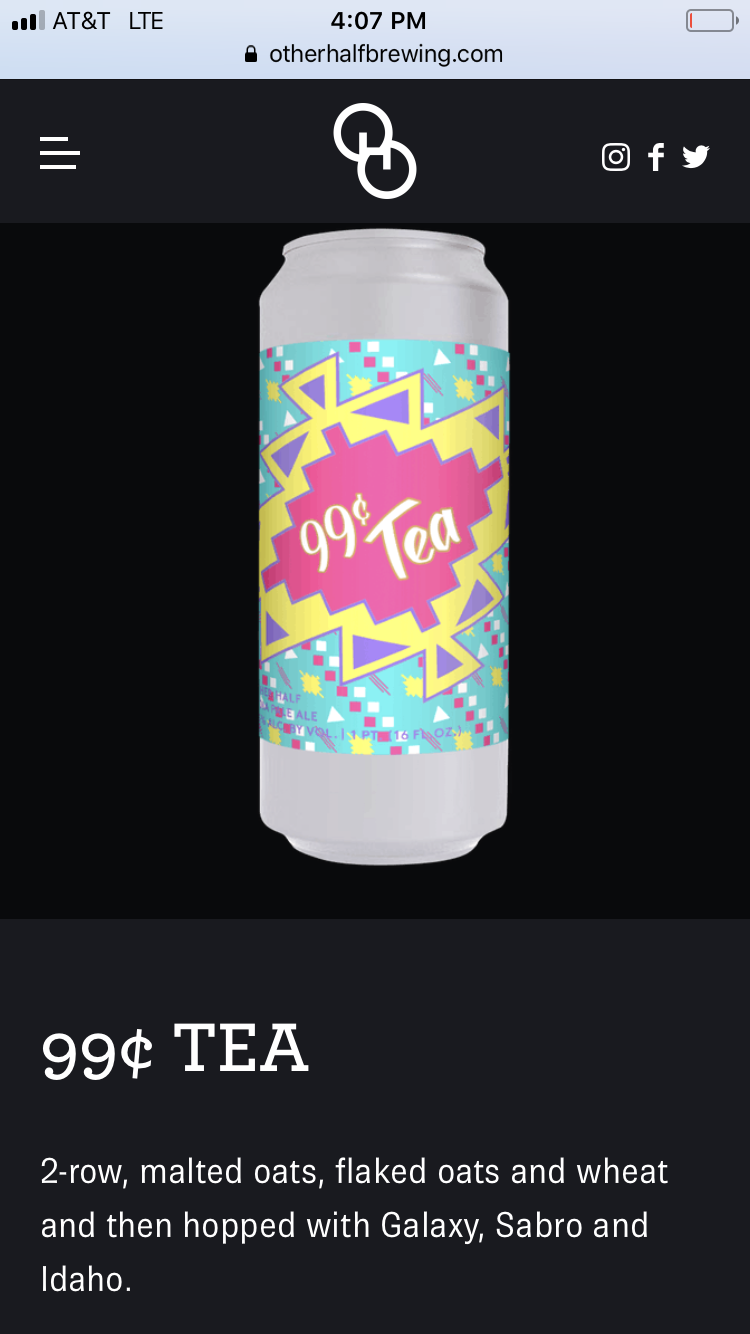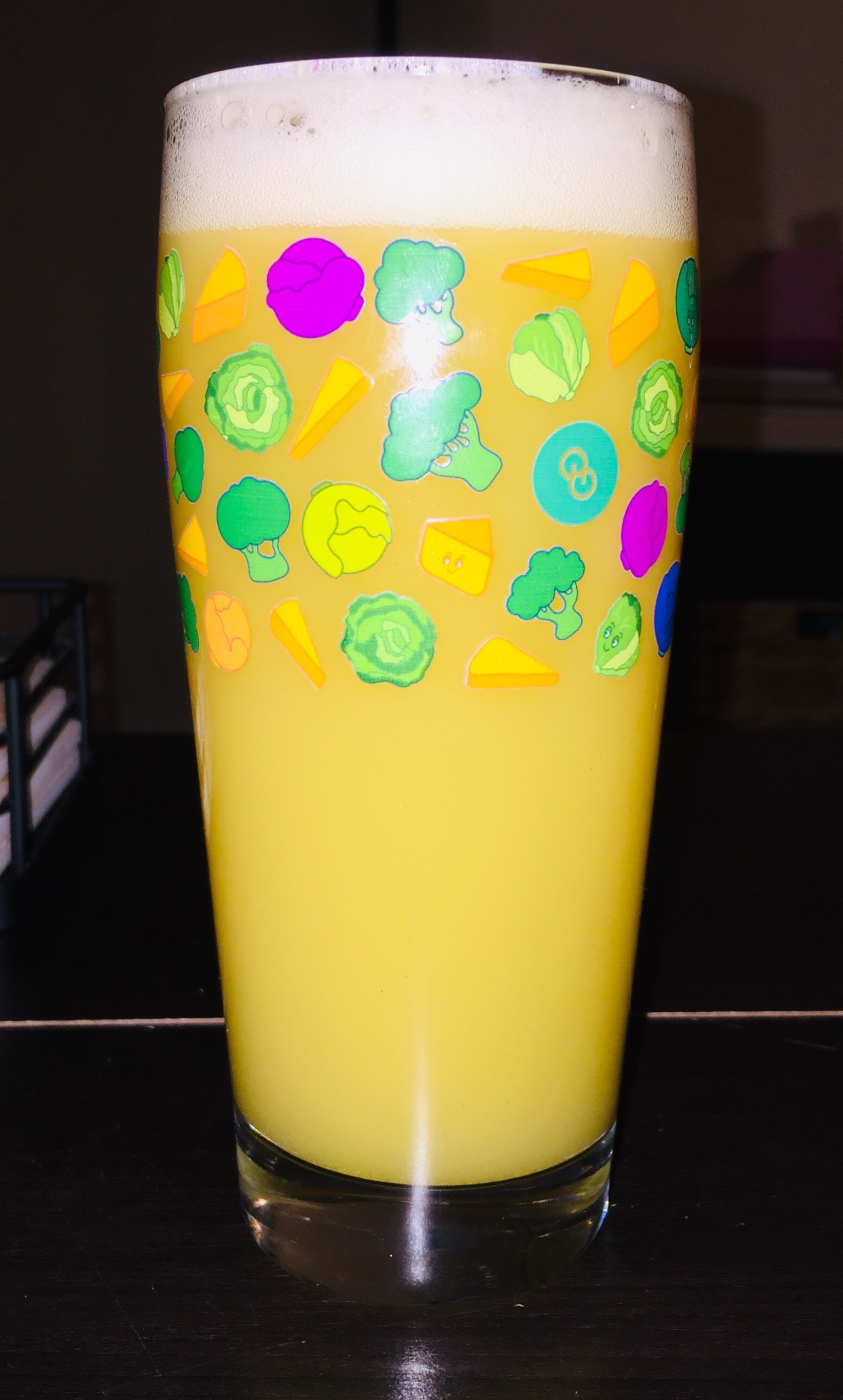It’s covered in The New IPA by Scott Janish. I’ve included some quotes pasted from the ebook below.
“Oxygen needs to be converted to a radical activated form before it can react with other species in beer. This activation can be caused by trace metals in beer, like iron, copper, or manganese.”
Unlike iron and copper, which reduce considerably by the time fermentation is complete, maganese sticks around making it a bigger cause of concern.
Now why are malted oats safer than flaked oats?
“Unmalted grains have more manganese than malted grains.”
There’s a whole chapter on the nuances of oxidation and much focus on the role of these trace metals. There are multiple studies cited that support the notion that swapping any malted grain (not just oats) for it’s unmelted equivalent will lead to great oxidation if the beer is exposed to oxygen. Many of them specifically look at the role of flaked oats and the maganese levels in flaked oats seem to be amongst the worst of any type of grain (malted or otherwise).
“Interestingly, the grains that showed the highest manganese potential were flaked oats, which had more than three times the amount compared to a pale 2-row variety. Another malt that had slightly greater-than-average manganese content was malted wheat with 18 ppm.”
I can’t comment on the validity of any of this, but until I see some evidence of a benefit of usin oats over malted oats, I think I’d rather spend more and stick to malted.





